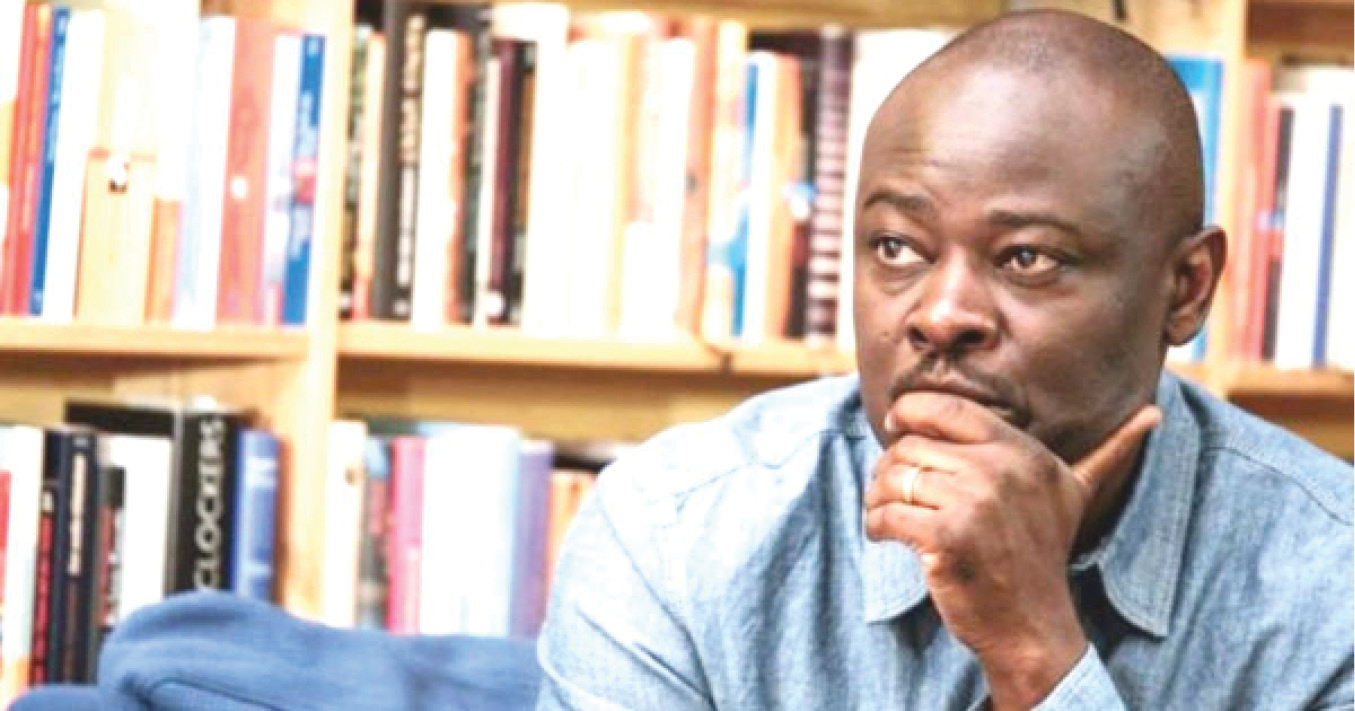Travelling across continents in Habila’s latest novel
Title: Travellers Author: Helon Habila Publisher: Penguin Books Pages: 295 Reviewer: Nathaniel Bivan Helon Habila’s ‘Travellers’ couldn’t have come at a better time than this when immigration is at the heart of the world’s social (and even political) issues; when countries, particularly in the western world, are taking strict measures to ensure illegal immigrants don’t […]

Title: Travellers Author: Helon Habila Publisher:
Penguin Books Pages: 295 Reviewer: Nathaniel Bivan
Helon Habila’s ‘Travellers’ couldn’t have come at a better time than this when immigration is at the heart of the world’s social (and even political) issues; when countries, particularly in the western world, are taking strict measures to ensure illegal immigrants don’t get in. But terrorism, poverty and several other prevailing problems continue to drive people, especially Africans, away from their continent, to Europe or America, in search of a better life, at the risk of being deported or even death.
This novel explores the lives of several immigrants in Germany, the situations that led them to Europe and other parts of the world, and how much their lives changed. From the onset, I had specific expectations, but this was quickly thrown off. The story wasn’t about dead Africans floating or swimming in the sea, or families jumping off border walls. It starts with a young Nigerian academic in Berlin with his wife, Gina, who’s on an arts fellowship. From this moment, Habila leaves some tension in the air, particularly with what the unnamed narrator says about leaving the United States for Berlin:
Still I hesitated because I knew every departure is a death, every turn a rebirth. Most changes happen unplanned, and they always leave a scar.
The above words instantly set the stage for a lot of things that later took place; the Nigerian’s meeting with Mark, a Malawian transgender film student (and his group of friends), and his estrangement from Gina. Our central character’s journey will subtly take us to places where we learn about foreigners who defied all odds to get to Europe. They are people from Africa and the Middle East. Some fled from terrorism, some to seek a better life rid of hunger and deprivation, while some sought to rediscover themselves or seek an education. In their imperfect lives, the stories come together until the picture of a struggling world stares us in the face.
Habila has a knack for exploring pressing issues in his work. We see this from his debut novel, ‘Waiting for an Angel,’ about a reporter jailed during the regime of a dictator, then ‘Measuring Time,’ and ‘Oil on Water,’ that focuses on Nigeria’s oil crises. And interestingly, one hardly feels like the author is trying to pass across a message, but it’s right there, somehow. You long for more, for closure, but this author leaves you hanging and wondering what happens. What about the family that’s separated? Do they get to see each other again? But the acknowledgements reveal the writer’s stringed stories come from real voices, hinting at interviews-turned-stories, which makes the work even more invaluable. But one can’t help but wonder, wouldn’t it have been best written as nonfiction?
